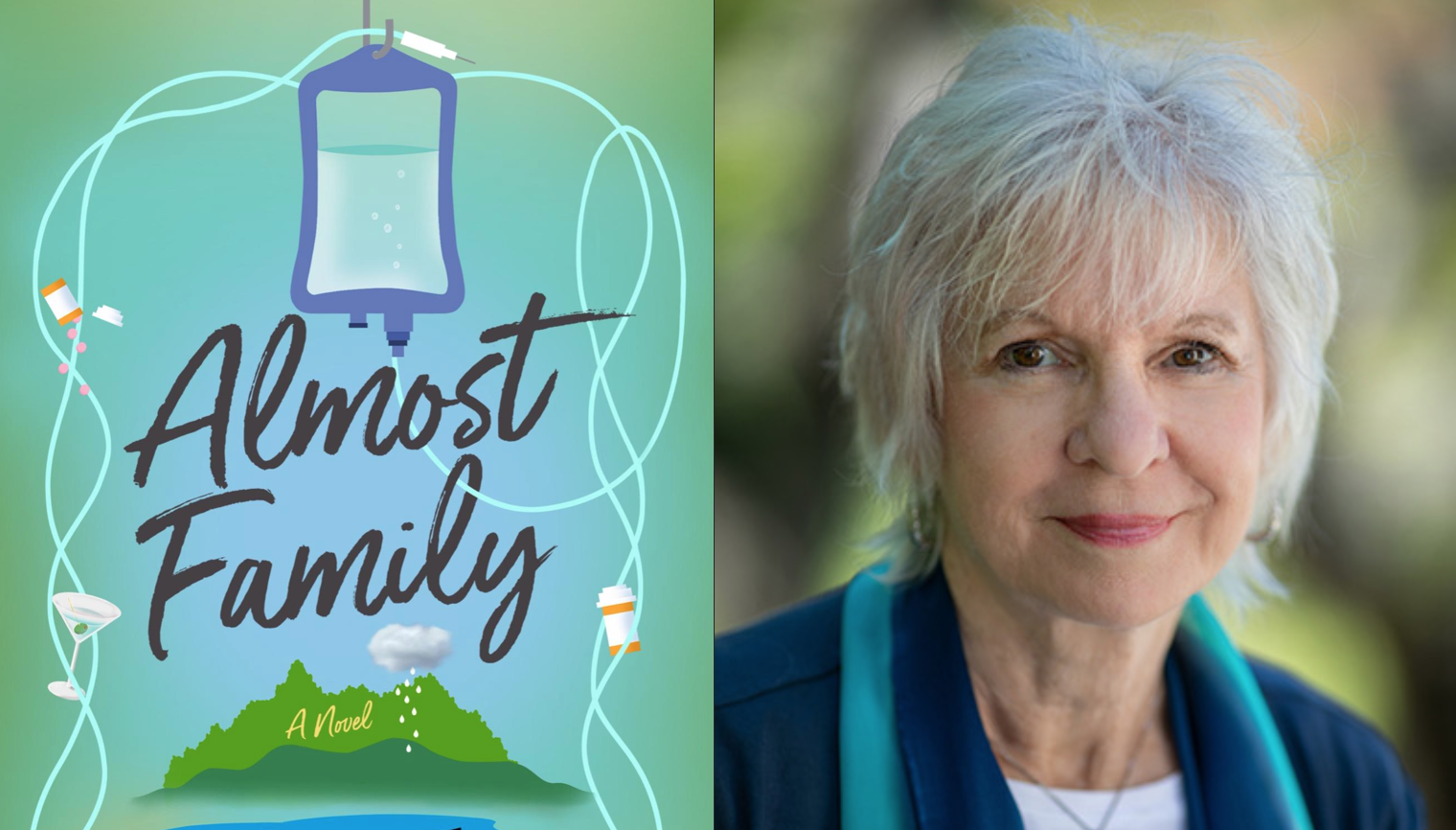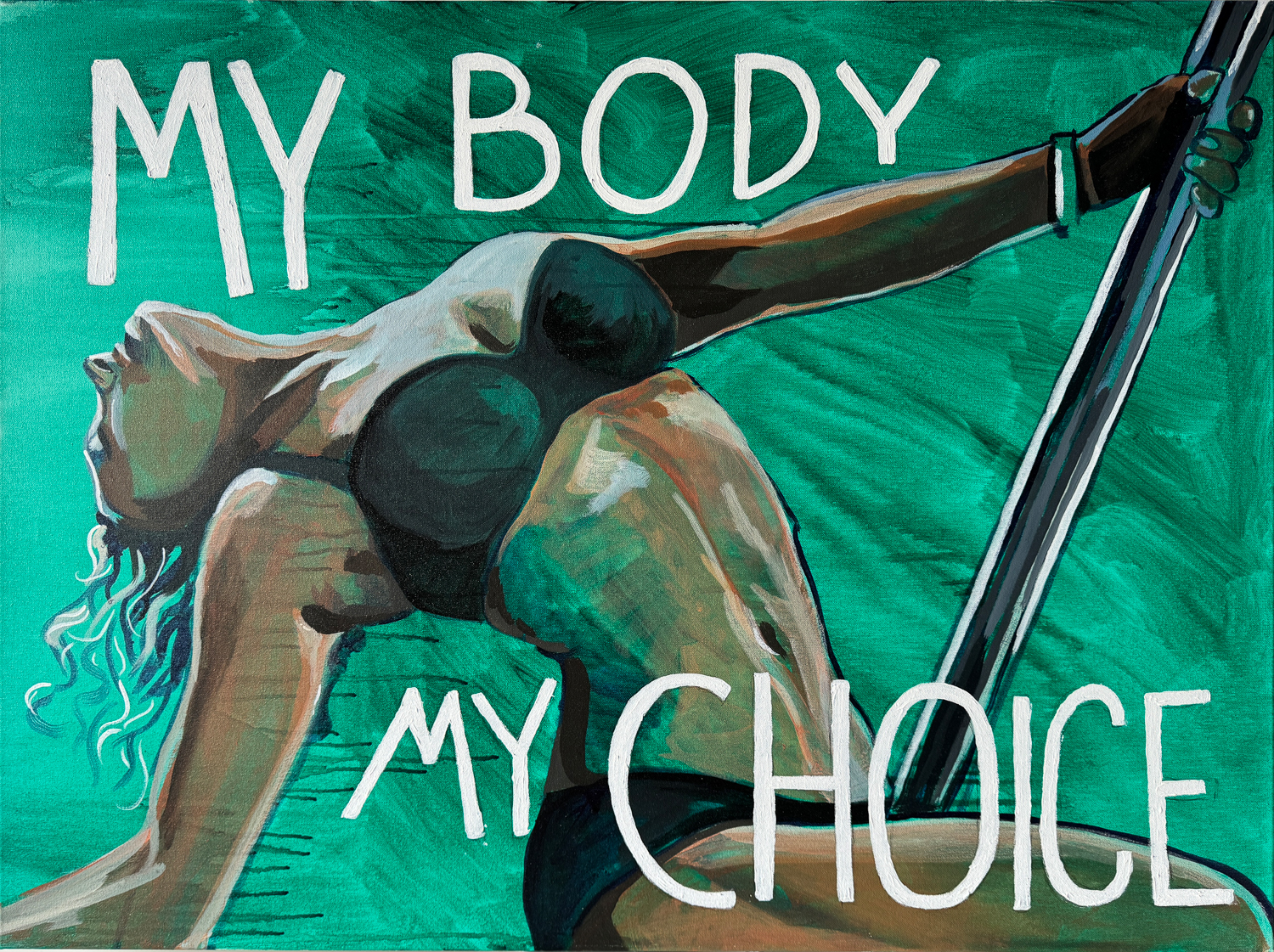
If you are looking for an honest, intelligent, insightful and downright feminist peek into the lives of women in India, award-winning journalist and author Meghna Pant’s latest book ‘The Trouble With Women’ is for you. And unlike other publications and books, you’ll need a tablet or a cell phone to read this one.
Her collection of short stories about feminism, violence, and life in India is available on the Juggernaut app, an Indian-based digital destination to indulge in a range of authors from emerging names to established icons like Arundhati Roy and William Dalrymple.
Similar to her previous books, ‘One & a Half Wife’ and ‘Happy Birthday and Other Stories’ which are also a collection of short stories, ‘The Trouble With Women’ contains Meghna’s well-known passion for using her literary skills to showcase her feminism.
There are stories about marital rape, domestic violence, and the experiences of newly-married women in India who are discovering the limitations of their gender based on centuries of a conservative, patriarchal culture. In an interview with Hindustan Times, Meghna says the themes she writes about are very familiar to her.

“I was in an abusive relationship. Writing became my buffer. It also made me aware of what women go through. You can think of yourself as a strong, modern, independent woman. But it can still happen to you,” she said.
She says the influence of her feminist upbringing was something that has shaped her perspective on the world which is something not every young woman in India has the privilege of experiencing in their formative years. Her maternal grandmother was married as a child, had 5 children, 4 of whom were girls, and widowed at 35. Her grandmother made sure her daughters were educated.
“My mother studied hard. She retired as the chief commissioner of income tax in Mumbai. My father did the exact same job as her. My brother (stand-up comedian Sorabh Pant) and I saw them play equal roles. We grew up in an egalitarian household,” she said.
She published an excerpt from her book on Helter Skelter, a story about a new bride on her honeymoon. Told from the point of view of the woman, the story eases the reader into the mindset of a protagonist whose own lived experiences clash with cultural expectations of young Indian brides.
The husband makes a passing comment about how much he loves that she is “untouched”, and it forces the wife to explain her inner disdain.
His unimaginative compliment made bile rise in my throat. Some people savor the fire, while others get burnt. Nikhil’s matrimonial ad had asked for a ‘convent-educated homely girl’, a.k.a. virgin. I’d read more such ads than the hair I could count on my head. I’d met many such men, seeking virgins, and told them about my Kabir and my one abortion. It was the twenty-first century, goddammit! They ran, each and every one of them, and left me an unmarried, thirty-one-year-old, childless woman; virtually a crime in India. So I learnt what every woman eventually learns, to never reveal her past or bra strap.
By the time I met Nikhil I was too weary to show my true self. All I wanted was to roll into one pocket of the roulette wheel of arranged matches and stop my head from spinning. Besides, Nikhil was not a lout, a drunk, a loafer, or a smoker. He wasn’t smelly or hairy. That was all I needed from a man.
When life doesn’t give you what you want, you learn to live with what you get.
It is just a glimpse into the inner battles women are facing when it comes to relationships and marriage in India. She spoke about this theme in a TEDx Talk she gave in July which outlined how a woman’s choice of partner (if indeed it is her choice) can affect the life decisions she makes thereafter.
The idea of a woman’s virginity or her reproductive ability as the main variable in determining her worth is certainly not limited to India alone, however. Here in the US, the regressive influence of right-wing politics and organizations have successfully managed to push an agenda that feminists wanting to take control of their sex lives, careers, relationships, bodies and life choices is somehow going to destroy the fabric of a decent society.
We’ve seen it in the horrific violence associated with anti-abortion laws, which has culminated in abortion doctors being stalked, shot, and murdered, and clinic workers being harassed and threatened on a daily basis. We see it in the regressive messages being taught to young people about sex and sexuality, which is a direct contributor to certain attitudes about rape, sexual assault and domestic violence.

It is the patriarchal culture that prevents women from speaking out about their abuse and injustice and protects the perpetrators who fit neatly into the boxes pre-assigned for cultural “heroes” – star athlete, politician, and businessman.
This is the weight that women like Meghna Pant have struggled under in their own lives. But thanks to the rise of women discovering their collective power, and feminism stretching its wings into the 21st century, we are seeing a wave of voices dismantling centuries of patriarchal dominance where it has been its most destructive.
In a TEDx Talk she gave in January, Meghna detailed her experience with domestic violence and how long it took for her to finally speak publicly about it. She says just breaking her silence and overcoming her fear has contributed to a movement of solidarity for other victims to speak out.
Meghna is doing more than just raising her voice, she is making sure she takes advantage of every opportunity she has. Aside from her writing (she is already working on her next novel ‘Men Without God’ which is set to be released in 2017), the Mumbai-based literary queen moderates a monthly panel called Feminist Rani where current topics about feminism are discussed. She has also begun production on a TV series for a new network called ‘First Lady’, which profiles women who have broken glass ceilings in their careers.
You can find out more about Meghna by visiting her website, or keep up to date with all her feminist events and works on Facebook.
















